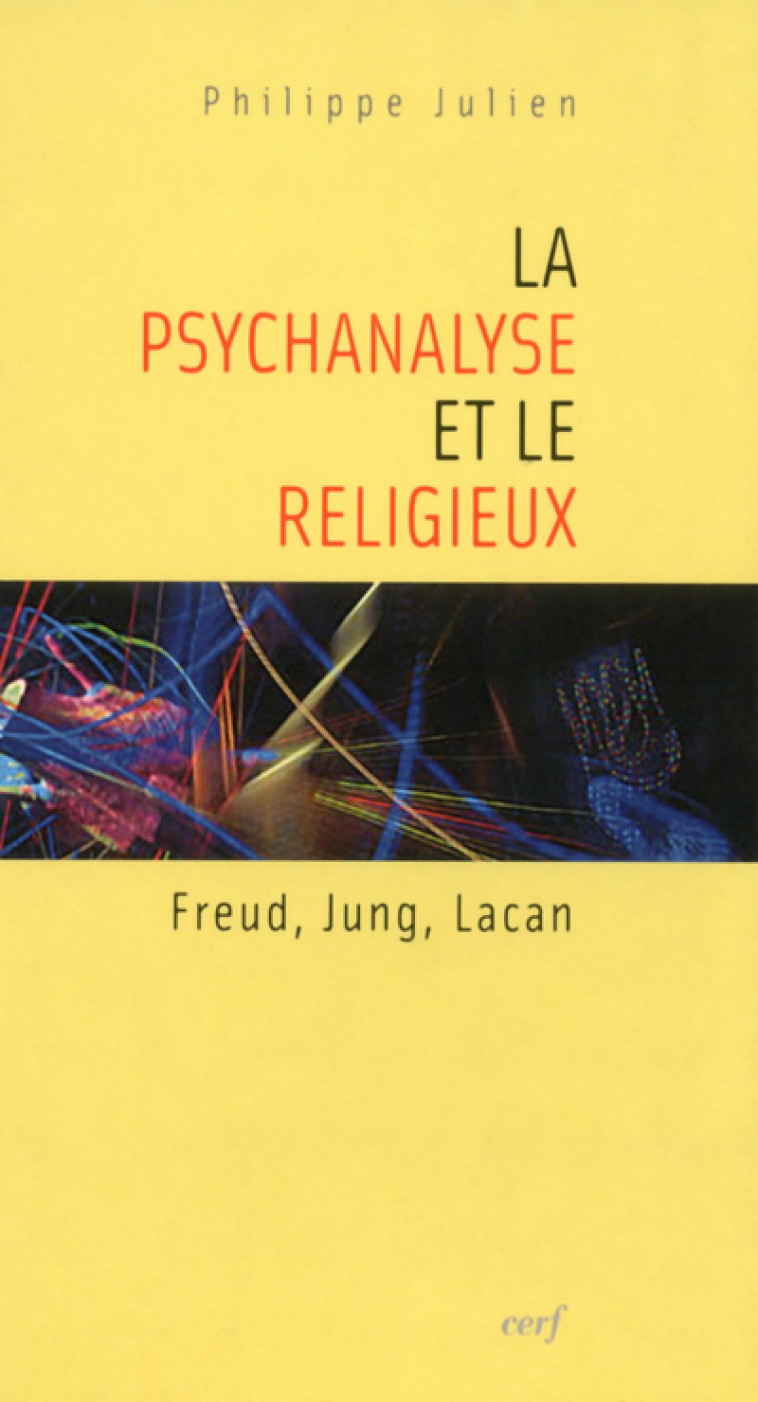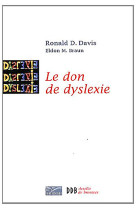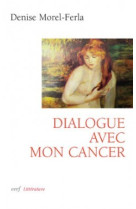La psychanalyse et le religieux
Philippe julien
Aujourd'hui, les dérives de la mondialisation, de l'économie de marché et de la technocratie, l'anonymat urbain, le déracinement généralisé et le déclin des autorités familiales et publiques ont jeté l'individu dans le désarroi et la confusion. Il est devenu impossible de réagir et de répondre seul aux symptômes qui nous atteignent. C'est pourquoi une demande de sens est adressée au psychanalyste ou au religieux. Mais alors la question se pose : quel rapport y a-t-il entre psychanalyse et religion ? Dans ce petit ouvrage, l'auteur indique que, historiquement, la réponse s'est diversifiée selon trois courants - Freud, Jung, Lacan -, chacun à partir d'une origine familiale différente : juive, protestante, catholique. Il montre également que « la » religion n'existe pas : il y a des religions, chacune particulière, et il y a du « religieux » dans le psychisme humain.
--
Today, the excesses of globalization, market economy and technocracy, urban anonymity, the general loss of roots and the decline of family and public authority have combined to create confusion for the individual. It has become impossible to react and respond alone to the symptoms of the malaise. That is why psychoanalysts and religious authorities are solicited in the search for meaning. But this situation begs a question: what is the relation between psychoanalysis and religion? In this little book, the author shows that, historically speaking, there are different answers to that question, according to three schools: those of Freud, Jung, and Lacan, each one from a different family origin: Jewish, Protestant and Catholic. It also shows that the true religion does not exist: there are religions, all of them different, and there is the ‘religious' in the human psyche.




